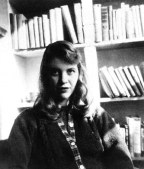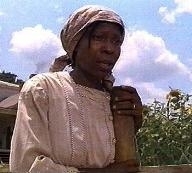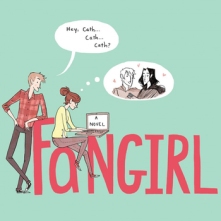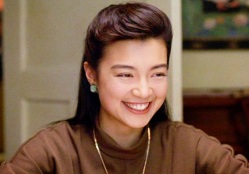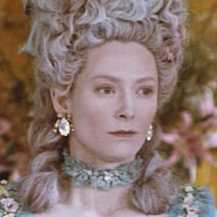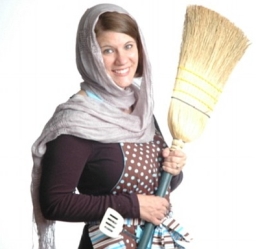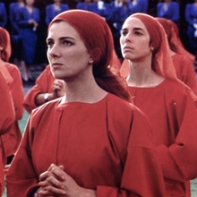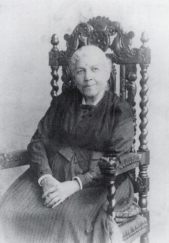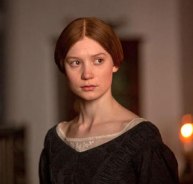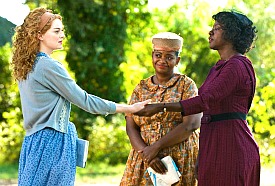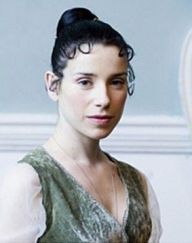So last Mother’s Day, my mom really wanted to go see Gypsy, a musical our local theater was putting on for the weekend for free. I don’t want to go into too much detail, but let’s just say it was an ironic choice for Mother’s Day since the mother in the story is pretty awful to her daughters.
It got me thinking about how the fictional realm is often lacking in good mothers. They are dead or missing or abusive or there’s an awful step-mother or evil aunt or some other just plain horrid motherly figure instead. Sometimes they just aren’t mentioned at all. I thought about exploring why this was. Is it because people think mothers are important and therefore a lack of one makes a protagonist more sympathetic or different in some way? But I think it’s a little more of a complex issue than I’d like to cover in a short post.
So I decided that instead I’d list a few fictional mothers who are actually present and do an inspiring job at trying to raise their children to be their best. I couldn’t think of a lot, which is a bit sad, but here are the few that came to mind. Do you have any you’d add?
- Ma from Room by Emma Donoghue– So some of you might recognize the book title. It has been getting a little extra attention since Brie Larsen won best actress in the Oscars for the movie version. But beyond just being a great story and a well done film, Room provides an inspiring mother character in Jack’s Ma, who does everything in her power to raise her son to be the best he can be in spite of horrible circumstances. Her love and perseverance are definitely inspiring.
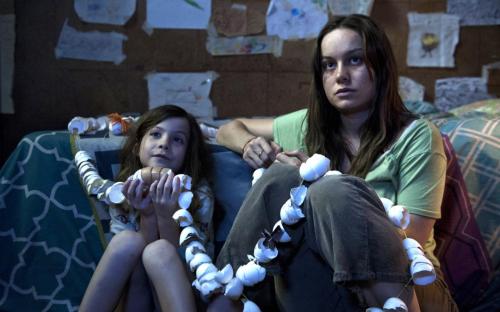
- Molly Weasley from Harry Potter by J.K. Rowling– Lily Potter isn’t a bad choice either, but when I think motherly I cannot help but imagine the fierce and protective Mrs. Weasley. She is inspiring in how she welcomes Harry into her family, does her best to raise seven children on a low income, and provides a good example to her children of how to live a brave and righteous life. Definitely an unforgettable fictional mother.
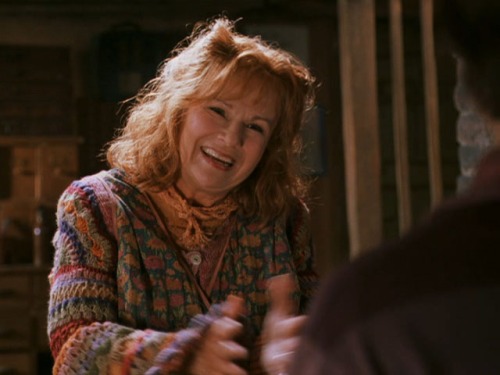
- Sally Jackson from Percy Jackson and the Olympians by Rick Riordan– Sally is awesome in being a single mother. She loves Percy and does everything in her power to protect him, even going so far as to sacrifice her own happiness. She is understanding and compassionate, giving Percy the love he needs without having his father around all the time. Definitely the right kind of mother for the demi-god hero.
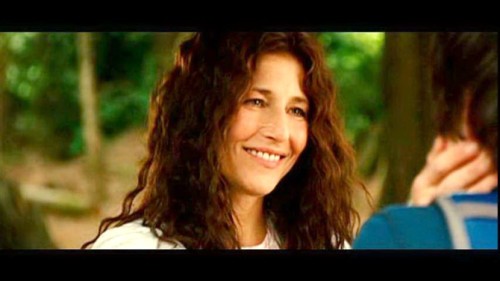
- Dr. Kate Murry from A Wrinkle in Time by Madeleine L’Engle– She’s maybe not quite as major of a character as some of these others, but I remember her simply because I loved how smart L’Engle made her. She’s a fantastic scientist and she never fails to try to help her family throughout the books L’Engle writes.
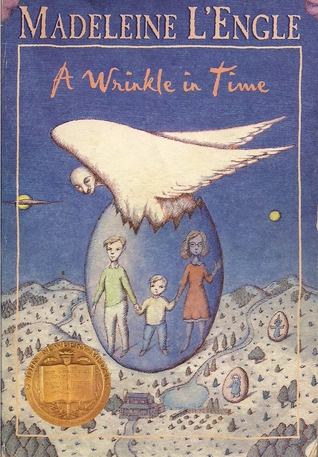
- An-Mei Hsu from The Joy Luck Club by Amy Tan– There are four mothers in the story, and I think they all have their strengths, but I remember feeling the most horrified by An-Mei’s story, and the most impressed of all she overcame. Her strength in turn inspires her daughter Rose, who finds it in herself to leave a bad relationship with her husband. I think all of the mothers in the story show impressive qualities, especially in pointing out to children that there are times we don’t always understand why our parents tell us the things they do, but often there is a reason behind it, something they have learned from their own life.
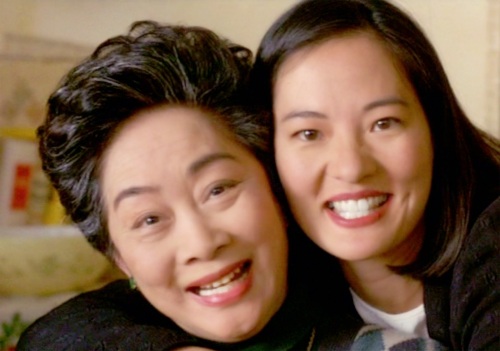
- Maura Sargent from The Raven Cycle by Maggie Stiefvater– You might think having a psychic as your mother would be a little different. But that doesn’t mean Maura isn’t fantastic and loving to her daughter Blue. Blue Sargent grows up with a woman who wants what’s best for her and tries to help her to that however she can.
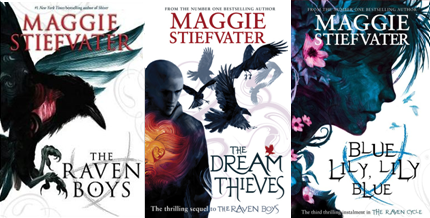
- Vianne Mauriac from The Nightingale by Kristin Hannah– I put her in my female protagonists post too just because I thought she was inspiring. Vianne is alone, her husband off to war, when German soldiers decide to occupy her house. In spite of that, she continues to fight for what she knows is right, for her children and her country. She is an incredible woman, and a wonderful mother. Her bravery and persistence in spite of her fear definitely make her worthy of this list.
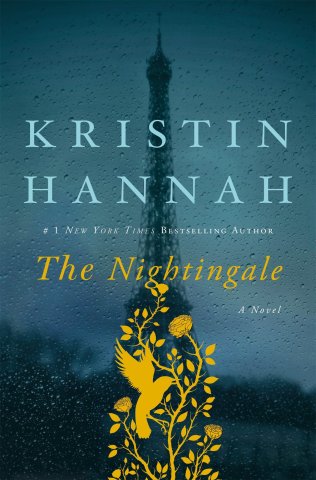
- Resa Folchart from Inkheart by Cornelia Funke- This is a bit of a spoiler, so don’t read if you are intending to read this book. Resa is initially missing in the first book, but she is returned and continues out the rest of the trilogy as a very strong and meaningful character. She is smart and industrious, and strives to help her family even in the face of great evil. Resa is an incredible woman, and it’s only a pity the series starts with the typical “motherless child” trope, because her presence in the next few books is lovely.
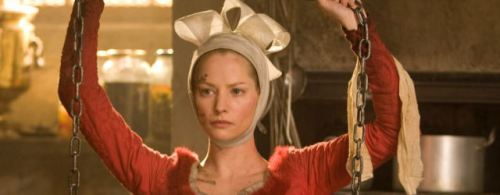
These are the books I could think of, but again I’d love to hear some suggestions. It is interesting to me how few books there are with really good mothers present! Even some of the ones on my list don’t have the mothers as really important characters. Why do you think that is?
Regardless, happy Mother’s Day to all those who are celebrating out there. And to any who don’t have mothers or have very poor ones, just remember you’re definitely not alone in the fictional (and the real) world! Hope that will maybe give a little comfort. Have a great day everyone!

